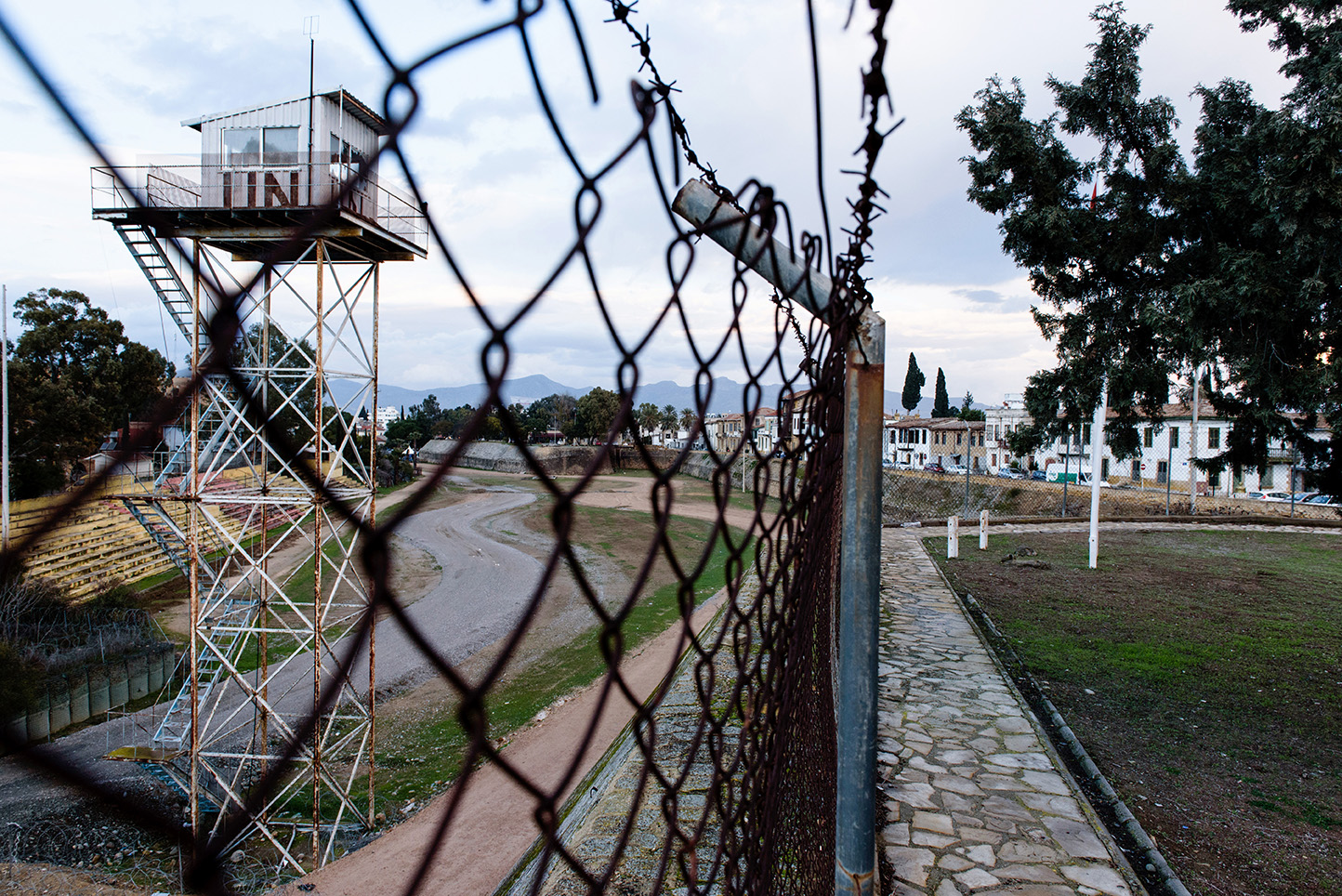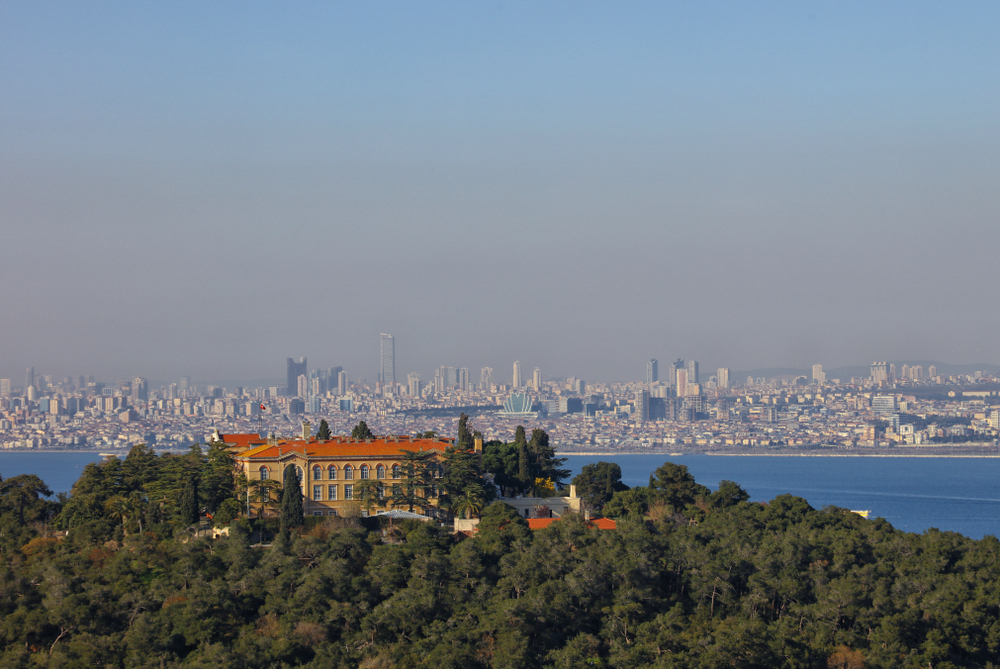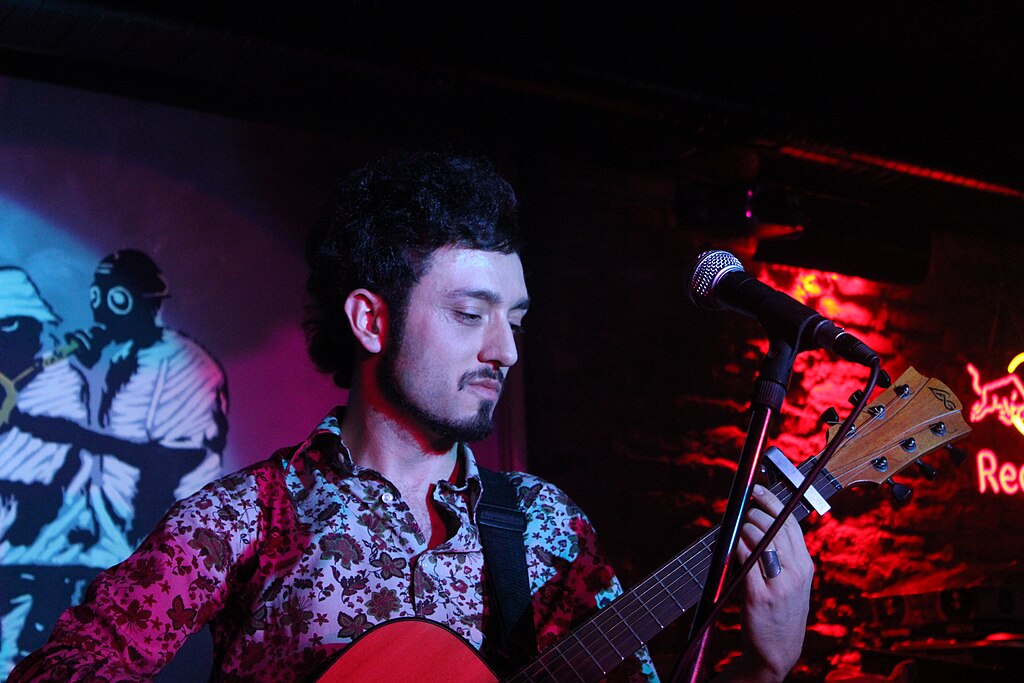Beyond borders: the journey to a new life and a long-awaited family
From an illegal migrant to a legitimate business owner: the story of Vahe, an ethnic Armenian, reflects the real struggles of thousands of migrants after ten years of working under the table in Europe, dealing with papers, and living under constant fear

armine
© Budimir Jevtic/Shutterstock
Today, when 35-year-old Vahe (name changed) opens the doors of his guesthouse to tourists on the sunny streets of Nice, it’s hard to imagine that behind this success lies a long and painful journey. He has been in Europe for ten years, but recalling his past often takes a heavy toll on him.
“When I first left Armenia for Spain, I had no idea what awaited me. I only knew I had to leave and try to start a new life. It was one of the hardest decisions of my life,” he remembers.
Initially, he found shelter at a friend’s home in Spain, but then he had to fend for himself. “At my friend’s house, we were having dinner when his mother hinted that it was time for me to move out and find my own place. That hint felt like a slap but also woke me up. A few days later, I was living at a new address.”
The struggle to survive
After leaving his friend’s home, Vahe lived in Spain with a group of young men, all illegal migrants trying to make a living.
To survive, he took on all kinds of jobs — construction, cafés, odd jobs. He learned new trades, as he still recalls with amazement: “I never imagined I’d one day be able to build something or repair equipment. But life forced me to learn. I remember with pride and surprise the day they urgently needed a craftsman who could fix flooring — I learned the job overnight.”
With the help of a Spanish girlfriend, he also started learning Spanish — first in broken words, then in full sentences. Today, Vahe speaks almost fluently. He also began exploring Europe and realized that he saw himself in another European country.
New chapters
After Spain, Vahe moved to Belgium to stay with a relative. This was a crucial turning point in his life. His relative not only provided housing, but also helped him adapt to European life. Here, Vahe pursued self-education and also began learning French.
But it wasn’t easy. For years, the lack of papers prevented him from working legally. He had to work “under the table,” without any social security. “Sometimes I dreamed of even working as a street cleaner, just to have legal registration. But even that was impossible for me.”
During his years in Belgium, Vahe started looking for remote work. He worked for a French radio station, doing translation tasks, and later received an offer for on-site work. Although the pay was small, it gave him hope that he could finally leave behind his illegal migrant status.
Three years ago, he finally obtained legal status. “The day I got it felt like being born again. The fear of deportation was gone. I could work, earn money, and think about the future.”
Vahe was able to work without fear, buy a home in Nice, and open his guesthouse. According to him, this is one of his greatest achievements: “Every morning, when I wake up and see my guests’ smiles, I realize it was worth going through all those hardships.”
Love – from online to reality
Another major turning point in Vahe’s life was his love story. Three years ago, he met his partner online. “At first, I thought it was just chatting, but over days, I realized we truly understood each other. Beyond the screen, I found my other half,” Vahe recalls with a smile.
However, their relationship faced harsh realities. Vahe cannot return to Armenia due to documentation issues, and his girlfriend faces visa obstacles. She has tried several times to obtain a visa. Unfortunately, she often encountered scammers.
“They told me that if I didn’t pay, my partner wouldn’t get a Schengen visa. I was willing to do anything to bring my loved one here. Over three years, I lost around €15,000. When I came to Armenia myself, I realized I had been deceived. I discovered that our family was not the only victim; others had been tricked as well,” Vahe explains.
“Every time we part, my heart breaks. But we hope that one day we will finally live in the same home,” he adds.
Vahe rejects the idea of his partner going to Europe through illegal means. He says it’s a grueling path that he himself foolishly took.
“I was very young, did many foolish things, and without my family nearby and my desire to learn, I would have been destroyed. Now my goal is to buy a home and have a wedding in Armenia. I will continue to run my guesthouse in Nice, but my next step is to open one in Armenia, as I now have considerable experience in the field,” Vahe notes.
Vahe’s story reminds us that the path of migration is rarely straight or easy. An illegal start, under-the-table work, documentation problems, and an uncertain future — this is the reality for many migrants, and not all stories have a happy ending.
Beyond borders: the journey to a new life and a long-awaited family
From an illegal migrant to a legitimate business owner: the story of Vahe, an ethnic Armenian, reflects the real struggles of thousands of migrants after ten years of working under the table in Europe, dealing with papers, and living under constant fear

armine
© Budimir Jevtic/Shutterstock
Today, when 35-year-old Vahe (name changed) opens the doors of his guesthouse to tourists on the sunny streets of Nice, it’s hard to imagine that behind this success lies a long and painful journey. He has been in Europe for ten years, but recalling his past often takes a heavy toll on him.
“When I first left Armenia for Spain, I had no idea what awaited me. I only knew I had to leave and try to start a new life. It was one of the hardest decisions of my life,” he remembers.
Initially, he found shelter at a friend’s home in Spain, but then he had to fend for himself. “At my friend’s house, we were having dinner when his mother hinted that it was time for me to move out and find my own place. That hint felt like a slap but also woke me up. A few days later, I was living at a new address.”
The struggle to survive
After leaving his friend’s home, Vahe lived in Spain with a group of young men, all illegal migrants trying to make a living.
To survive, he took on all kinds of jobs — construction, cafés, odd jobs. He learned new trades, as he still recalls with amazement: “I never imagined I’d one day be able to build something or repair equipment. But life forced me to learn. I remember with pride and surprise the day they urgently needed a craftsman who could fix flooring — I learned the job overnight.”
With the help of a Spanish girlfriend, he also started learning Spanish — first in broken words, then in full sentences. Today, Vahe speaks almost fluently. He also began exploring Europe and realized that he saw himself in another European country.
New chapters
After Spain, Vahe moved to Belgium to stay with a relative. This was a crucial turning point in his life. His relative not only provided housing, but also helped him adapt to European life. Here, Vahe pursued self-education and also began learning French.
But it wasn’t easy. For years, the lack of papers prevented him from working legally. He had to work “under the table,” without any social security. “Sometimes I dreamed of even working as a street cleaner, just to have legal registration. But even that was impossible for me.”
During his years in Belgium, Vahe started looking for remote work. He worked for a French radio station, doing translation tasks, and later received an offer for on-site work. Although the pay was small, it gave him hope that he could finally leave behind his illegal migrant status.
Three years ago, he finally obtained legal status. “The day I got it felt like being born again. The fear of deportation was gone. I could work, earn money, and think about the future.”
Vahe was able to work without fear, buy a home in Nice, and open his guesthouse. According to him, this is one of his greatest achievements: “Every morning, when I wake up and see my guests’ smiles, I realize it was worth going through all those hardships.”
Love – from online to reality
Another major turning point in Vahe’s life was his love story. Three years ago, he met his partner online. “At first, I thought it was just chatting, but over days, I realized we truly understood each other. Beyond the screen, I found my other half,” Vahe recalls with a smile.
However, their relationship faced harsh realities. Vahe cannot return to Armenia due to documentation issues, and his girlfriend faces visa obstacles. She has tried several times to obtain a visa. Unfortunately, she often encountered scammers.
“They told me that if I didn’t pay, my partner wouldn’t get a Schengen visa. I was willing to do anything to bring my loved one here. Over three years, I lost around €15,000. When I came to Armenia myself, I realized I had been deceived. I discovered that our family was not the only victim; others had been tricked as well,” Vahe explains.
“Every time we part, my heart breaks. But we hope that one day we will finally live in the same home,” he adds.
Vahe rejects the idea of his partner going to Europe through illegal means. He says it’s a grueling path that he himself foolishly took.
“I was very young, did many foolish things, and without my family nearby and my desire to learn, I would have been destroyed. Now my goal is to buy a home and have a wedding in Armenia. I will continue to run my guesthouse in Nice, but my next step is to open one in Armenia, as I now have considerable experience in the field,” Vahe notes.
Vahe’s story reminds us that the path of migration is rarely straight or easy. An illegal start, under-the-table work, documentation problems, and an uncertain future — this is the reality for many migrants, and not all stories have a happy ending.









